
Starting from scratch, twice. How an entrepreneurial couple from Luhansk Oblast relocated their clothing business to Kyiv
20/07/2022
Olena Vynokurova is not one to give up easily. She and her husband, from Severodonetsk in Luhansk Oblast, started their own business with only two sewing machines and the will to build their own business from scratch. But Russia’s full-scale invasion of Ukraine has destroyed their old business and ruined their plans for the future, and now they’re starting over again in Kyiv. The only things they managed to save, apart from a few small pieces of equipment and some software, are those that not even Russian invaders can take away from them – the experience and skills they gained in starting up their own business, and the determination to do it all again.
Learning to sew

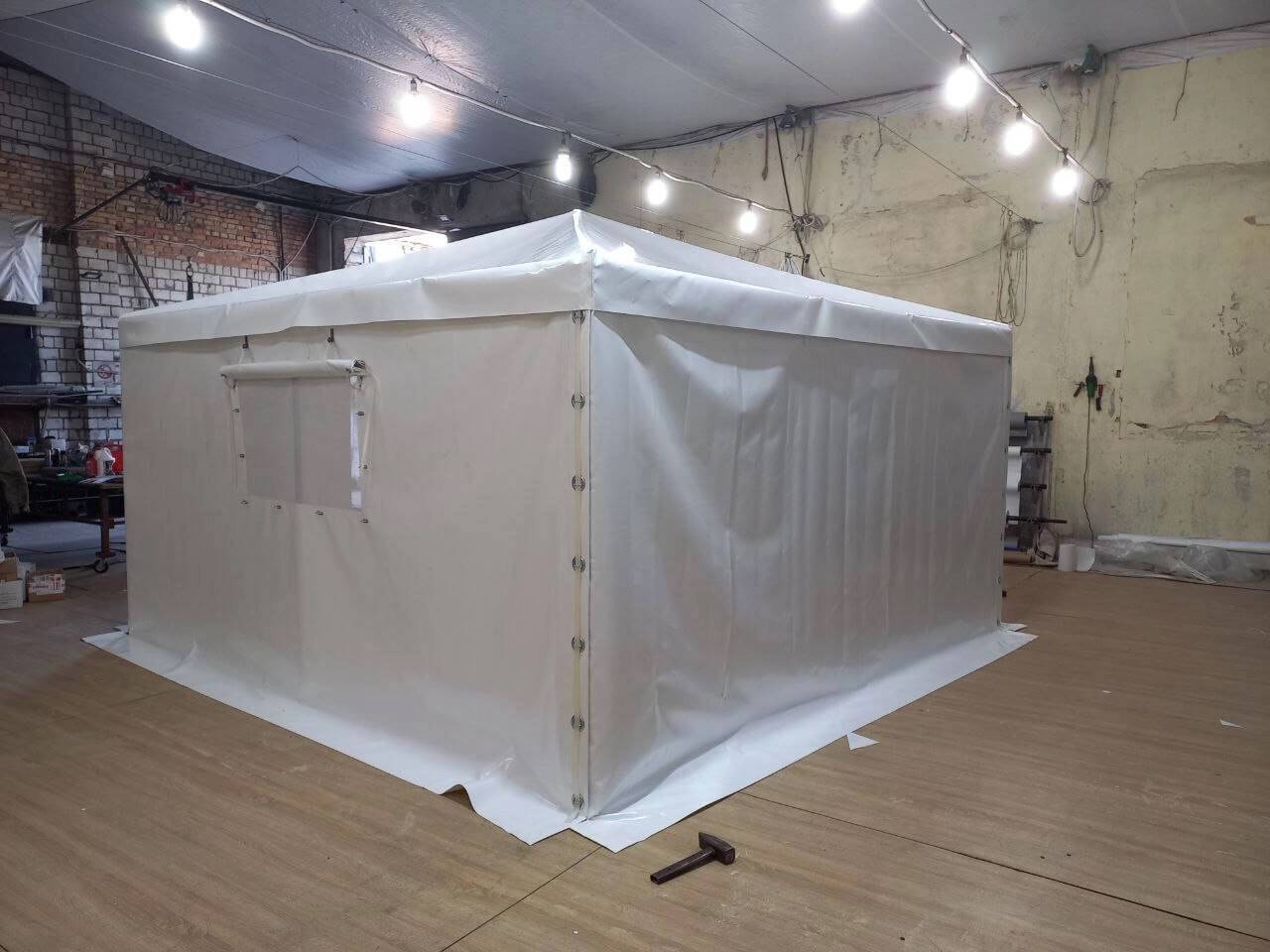
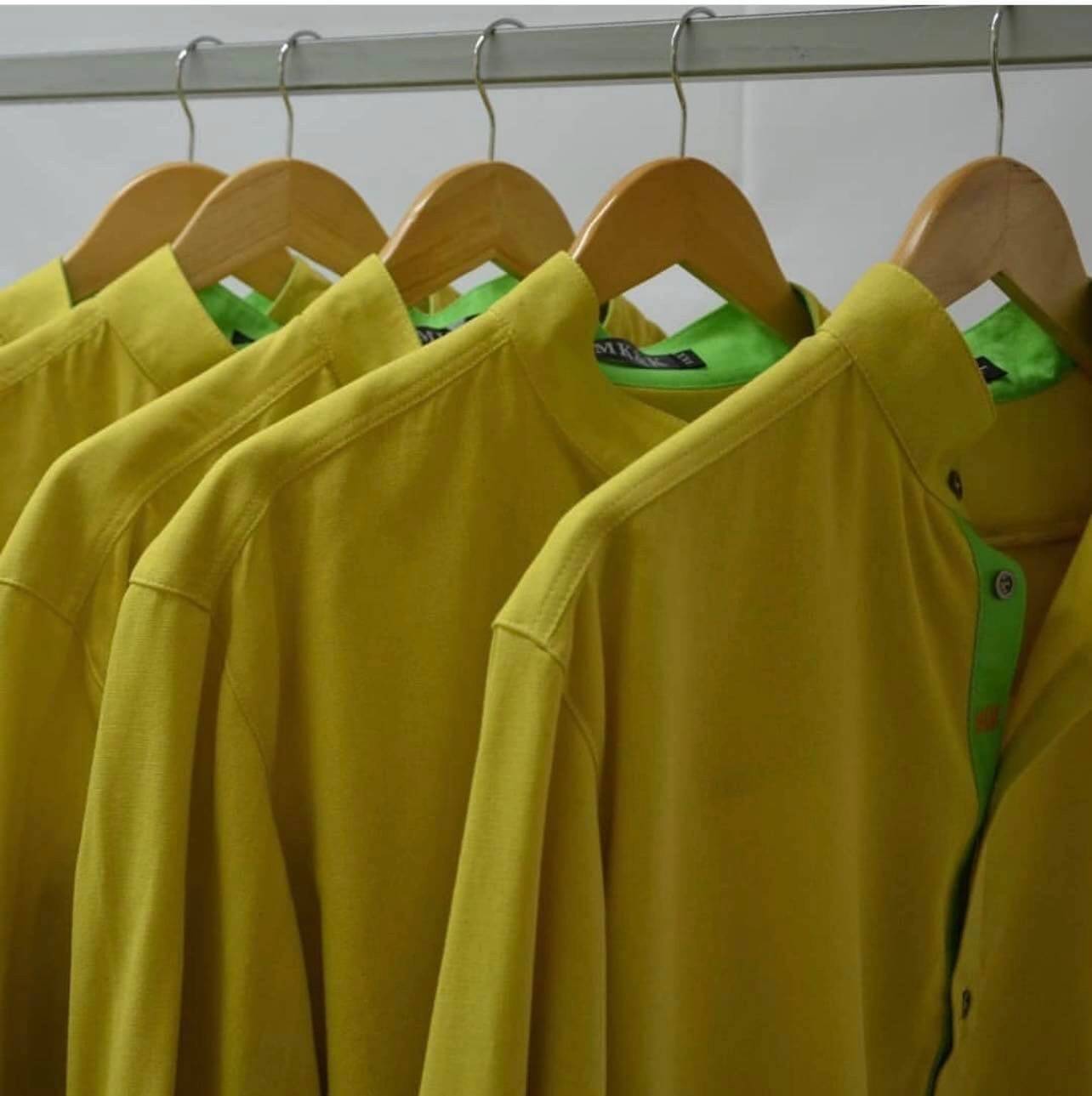
In 2014, after the initial outbreak of the war in eastern Ukraine, Olena, her husband and their young son were forced to leave their home in Severodonetsk. But in 2017 the family decided to return. Both Olena and her husband had previously worked as bank employees. But now they had decided to try their hands at being private entrepreneurs, Olena says. “We realized that there were no clothing enterprises in Severodonetsk that could make trading tents (for shops and markets),” Olena Vynokurova says. “So we occupied this niche. It was hard at the start, because neither my husband nor I knew anything about the clothing business. We were good at selling, but we had to learn how to make our own products from scratch.” As well as trading tents, they also sewed awnings for shops and restaurants, and camouflage netting for the military. They mostly worked to specific, individual orders, as they had almost no competition in this market. Once they had the business up and running, they began to expand it. They increased the number of their staff from 6 to 20 employees and also started to perform orders for clothing brands. Next, they set up their own brand, called MK&K, making clothes for the whole family. After Olena and her husband had created their own brand, they realised they needed some new equipment. Vynokurova applied for a grant from EU4Business under its programme for supporting entrepreneurs in the east of Ukraine. The programme, which is implemented by UNDP, the United Nations Development Programme in Ukraine, allocated them about EUR 6,500. They used the money to buy special software to design sewing templates, as well as a device to print them. This enabled the entrepreneurs to significantly speed up the clothing production process at the modelling stage, as Olena explains. “When we didn’t have the template design program, it took from two weeks to two months to sew the pattern for a new model,” Vynokurova says. “We had no equipment for printing templates in Luhansk Oblast, so we had to order them from a designer in Kharkiv. Every time I wanted to make some edits, I had to send (the templates) back and forth. Now the whole modelling process takes us a day. We can do everything quickly, by ourselves.”
‘Liberated’ from their dream factory
Having obtained new equipment and with the production process running smoothly, Olena and her husband decided to fulfil another cherished dream – to at last move from the workshop they rented into their own, spacious premises. They took out a bank loan and bought a building in Severodonetsk in early 2021. “We combined two workshops on an area of about 700 square meters: one for sewing awnings and covers, and another for producing clothes,” says Olena. “We were so happy that we’d finally done it – we had a business, in our own place.” To reduce production costs as much as possible, they installed solar panels on the roof of the building, and heat insulated the premises. By December 2021, all the upgrades to the building had finally been completed. But in February 2022 disaster struck, with the start of Russia’s full-scale invasion of Ukraine. In the first days after the enemy attack, Olena did not want to believe that the Russians had “come to liberate them” again. They hoped the invading enemy troops would not reach their city. But Russian shelling of residential areas of Severodonetsk began almost at once. After several weeks of living in a bomb shelter, Olena and her family decided to flee their city again. And after they had gone, as if as a parting shot, two Russian shells smashed into their new workshop building. “We were sent pictures,” says Olena. “There are some very big holes in the roof. There’s no one to patch them up now, and the building will be destroyed by the weather. Some of the big pieces equipment, which we couldn’t take with us, have now been looted. The solar panels have already been cut off (the roof).” Olena and her family moved to Kyiv, and are now trying to set up production again. In addition to making income to live, they also need money to pay back the loan they took to buy the workshop building in Severodonetsk. Thankfully, the things they managed to take with them when they fled their home – the software and the machine for printing patterns that they bought with the EU4Business grant – allow them to keep their business alive. They can still design their own products, and are working to fulfil some of their pre-invasion orders, including one from a nuclear power plant. But they are in great need of new customers – they need to make money so as to able to return home after Ukraine defeats Russia. They still plan to rebuild everything that the Russian invaders have destroyed.
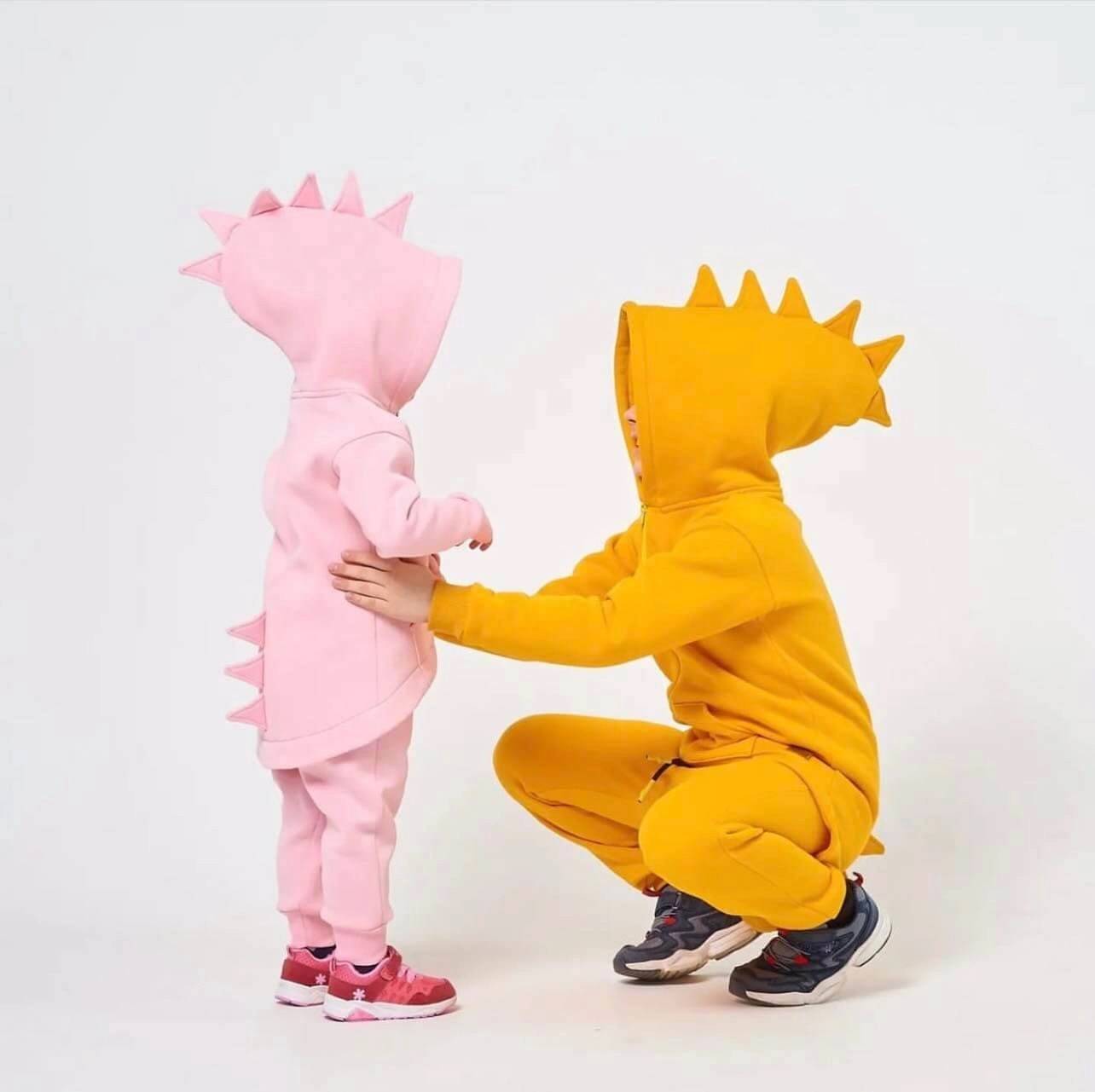
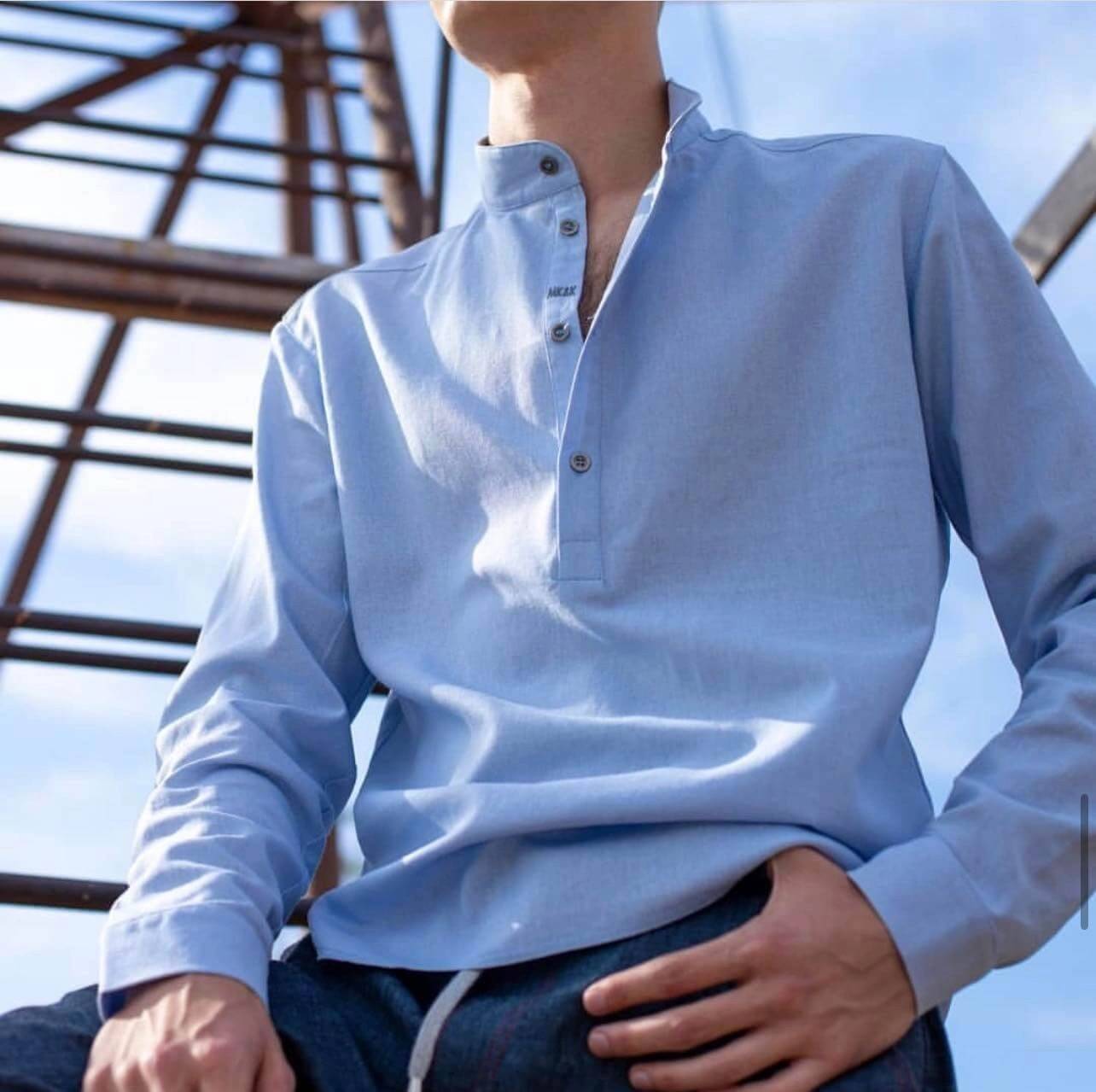
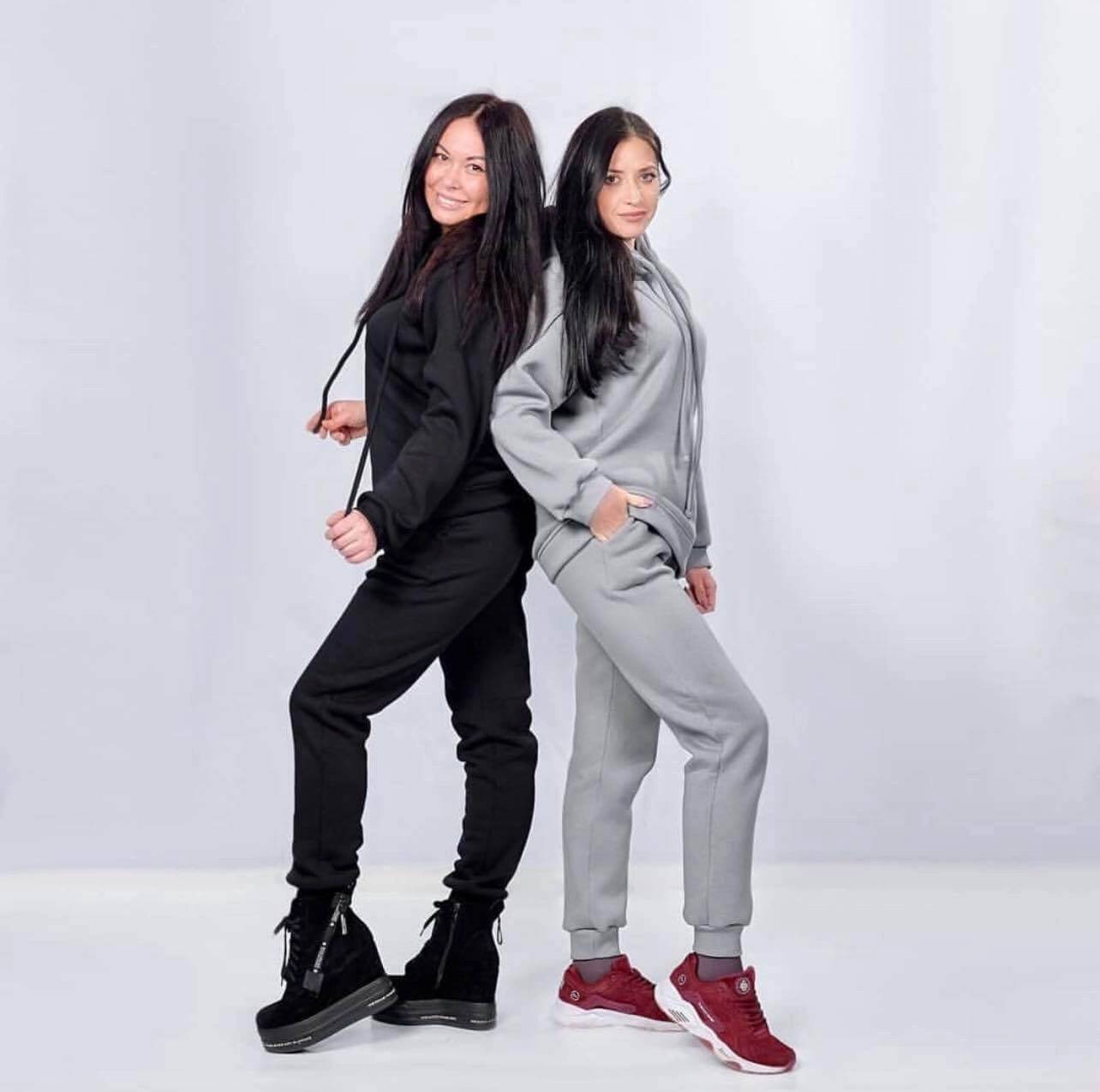
Stories
-
Katarina Mathernova: If Ukraine had a human face and a human spirit, it would be 10-year-old Roman Oleksiv
-
A regional mission to drive social entrepreneurship: the story of Ksenia Kosukha
-
EU restores safe water supply for 100,000 Ukrainians affected by war
-
Promoting IT during the war: Lviv IT cluster and how EU4Digital helps
-
Frontline digitalisation: Kharkiv IT Cluster collaborations
-
How EU4Youth is driving opportunity and success among young Ukrainians